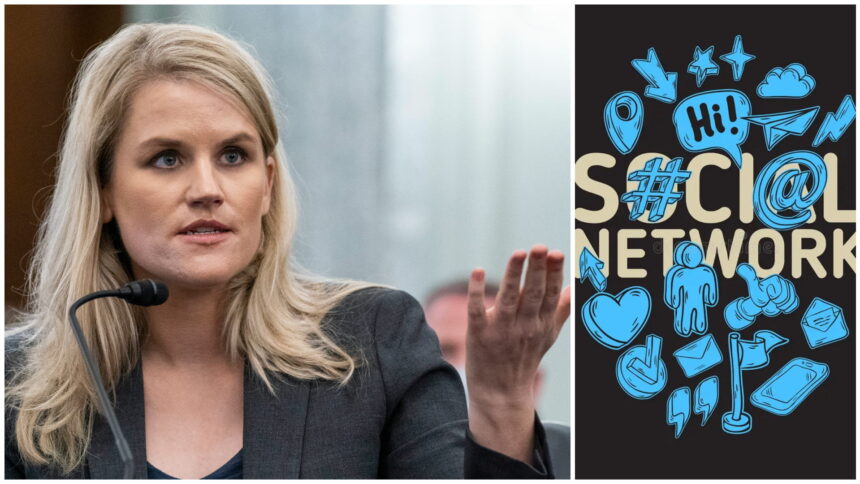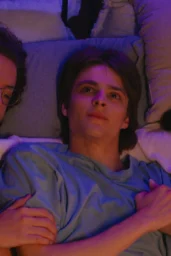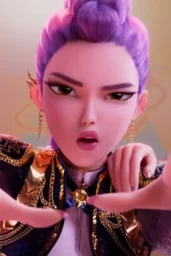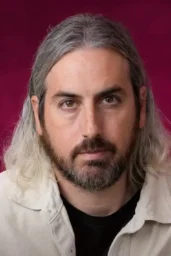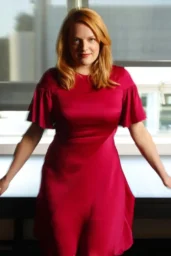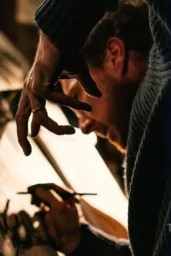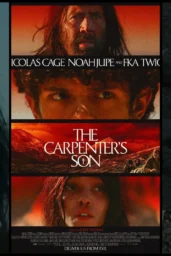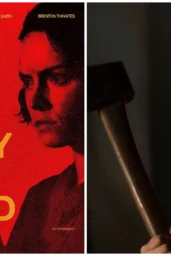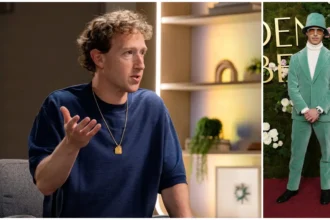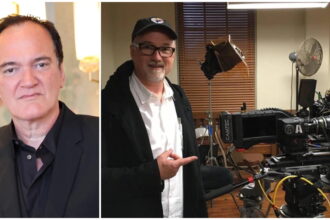She leaked 10,000 pages—and Hollywood paid attention.
The first time I watched The Social Network, I thought Zuckerberg was a tragic wunderkind—grimy genius, maybe a villain, maybe a mirror. Now Sorkin’s back, but the mirror’s gone. Instead: Frances Haugen. The whistleblower. The name that made Facebook shudder, choke, pivot. Is this what cinematic justice looks like—or maybe it’s just spectacle, reheated for our scrolling, doom-laden brains?
This sequel is real—confirmed, not conjecture. After thirteen years, Aaron Sorkin, whose dialogue runs like Morse code in a hurricane, has decided Facebook’s next act isn’t about its founder anymore, but the woman who cracked it open. Haugen didn’t just raise an eyebrow; she hauled 10,000+ pages of internal docs (“The Facebook Papers”) straight into the Congressional circus, then across the Atlantic to the EU. She gave us stats—grim ones—on Instagram fueling teenage anxiety and suicide, and revealed how “meaningful social interaction” was held up as the north star, while safety circled the drain.
And Sorkin—oh, Sorkin—couldn’t resist. He told the ‘Happy Sad Confused’ podcast, “If I were going to write another movie about Facebook, I would write about what happened after [the original movie], especially the role Facebook played in undermining democracy.” If that’s not trailer-ready, I don’t know what is.
It’s Haugen’s story now.
How do you follow up a Fincher-Sorkin joint, where every frame felt cold and clinical, the dialogue stinging like a chapped lip, and the consequences landed with the weight of an ice shelf breaking? You don’t. Or maybe you have to.
There’s a kernel of doubt lurking here—no official casting news, no director drop, no festival date circled in red. The only thing certain: Sorkin is writing, and Frances Haugen is the heart of his script. That means Zuck (Jessie Eisenberg or otherwise) is getting shunted to the wings, while Haugen—ex-product manager, unlikely oracle—takes center stage.
It’s a risky move. Sorkin’s words are famously electric, but can he direct this kind of high-wire, slow-burn panic? You remember David Fincher’s icy perfection in the first film… Can Sorkin, the director—not just the mouth—make lightning strike twice? If nothing else, expect more insomnia-fueled discourse on “democracy” and “danger.”
The Facebook Papers weren’t an accident.
Let’s linger on that. Haugen didn’t flip a switch and walk away. She risked everything—career, anonymity, probably her sanity. And Hollywood, hungry for stories of real risk (the slow, soul-eating risk, not the guns-blazing stuff), finally glanced up from its echo chamber. Because the truth is, this sequel is the anti-glamour Facebook story. Not about building an empire in dank college dorms, but about burning one down—one PDF at a time.
So. Is this going to work?
Maybe. Maybe not. Sorkin’s greatest trick isn’t speed—it’s precision. But a sequel without Fincher’s guiding hand? Feels like Russian roulette with the safety off. I want to believe. I want Sorkin’s rage and Haugen’s conscience to fuse into something urgent, sharp, necessary. But I’ve watched enough Silicon Valley “exposés” to know the ending is rarely tidy. Or honest. Or nearly enough.
But here we are—at the edge, again, waiting on the next move. I’ll be there, popcorn and righteous anxiety in hand. Probably alone. Maybe gasping.
Wouldn’t have it any other way.

